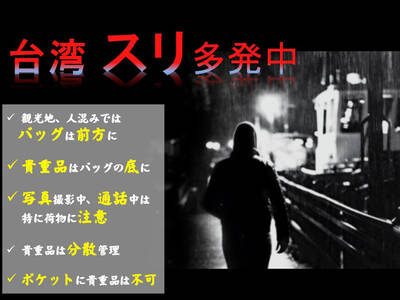The Cabinet on Thursday adopted a revision to the Public Television Act (公共電視法) lowering the threshold for candidates for the Public Television Service (PTS) board to pass an appointment review, while the opposition questioned whether the amendment was designed to reduce the influence of the opposition when board members are appointed.
Currently, a candidate must win the approval of three-quarters of the members of a review committee.
However, the Cabinet’s proposed amendment would lower the threshold to half of the members of the committee, Democratic Progressive Party Legislator Kuan Bi-ling (管碧玲) said.
Review committee members are recommended by political parties according to the number of seats each party has in the legislature, Kuan said.
A candidate must therefore win cross-party support to be appointed to the board, as the Chinese Nationalist Party (KMT) only has 56.7 percent of the seats in the legislature.
However, the proposed change would make it much easier for the KMT to control the appointment of board members, she said. Kuan said the move was designed to cut down diversity, putting the PTS board under the tight control of the KMT.
The proposed revision may trigger a battle between political parties on the legislative floor when it is sent to the legislature for review, Kuan said.
Under the current system, a review committee made up of 11 to 15 members recommended by political parties has the power to select candidates nominated by the Cabinet.
The proposed amendment seeks not only to lower the threshold for being appointed, but also to cut the number of board directors from between 17 and 21 to between 13 and 17, with one seat reserved for Aborigines, one for Hakka and another for a PTS employee.

GENSLER SURVEY: ‘Economic infrastructure is not enough. A city needs to inspire pride, offer moments of joy and foster a sense of belonging,’ the company said Taipei was named the city with the “highest staying power” in the world by US-based design and architecture firm Gensler. The Taiwanese capital earned the top spot among 65 cities across six continents with 64 percent of Taipei respondents in a survey of 33,000 people saying they wanted to stay in the city. Rounding out the top five were Vietnam’s Ho Chi Minh City (61 percent), Singapore (59 percent), Sydney (58 percent) and Berlin (51 percent). Sixth to 10th place went to Monterrey, Mexico; Munich, Germany; Sao Paulo, Brazil; Vancouver; and Seoul. Cities in the US were ranked separately, with Minneapolis first at

The Japan-Taiwan Exchange Association has cautioned Japanese travelers to be vigilant against pickpockets at several popular tourist spots in Taiwan, including Taipei’s night markets, the Yongkang Street area, Zhongshan MRT Station, and Jiufen (九份) in New Taipei City. The advisory, titled “Recent Development of Concerns,” was posted on the association’s Web site under its safety and emergency report section. It urges travelers to keep backpacks fully zipped and carried in front, with valuables placed at the bottom of the bag. Visitors are advised to be especially mindful of their belongings when taking photos or speaking on the phone, avoid storing wallets and

ENDORSING TAIWAN: Honduran presidential candidate Nasry Afura said that Honduras was ‘100 times better off’ when it was allied with Taipei The Ministry of Foreign Affairs yesterday said it would explore the possibility of restoring diplomatic relations with Honduras based on the principle of maintaining national interests and dignity. The ministry made the remarks in response to reporters’ questions regarding an article titled: “Will Taiwan Regain a Diplomatic Ally?” published in The Diplomat on Saturday. The article said Honduras’ presidential election in November could offer Taiwan the chance to regain an ally, as multiple candidates have promoted re-establishing diplomatic relations with Taiwan. Honduras severed diplomatic ties with Taiwan in March 2023 in favor of Beijing, but since switching its diplomatic recognition,

Scoot announced yesterday that starting in October, it would increase flights between Taipei and Japan’s Narita airport and Hokkaido, and between Singapore and Taipei. The low-cost airline, a subsidiary of Singapore Airlines, also said it would launch flights to Chiang Rai in Thailand, Okinawa and Tokyo’s Haneda airport between December and March next year. Flights between Singapore and Chiang Rai would begin on Jan. 1, with five flights per week operated by an Embraer E190-E2 aircraft, Scoot said. Flights between Singapore and Okinawa would begin on Dec. 15, with three flights per week operated by Airbus A320 aircraft, the airline said. Services between Singapore